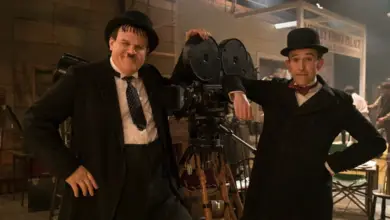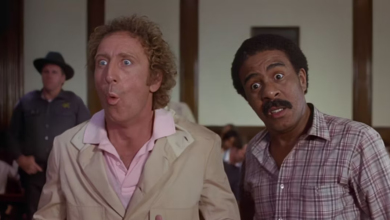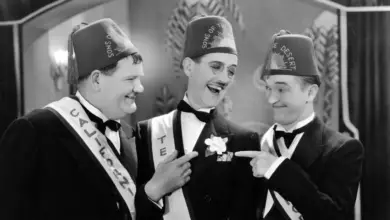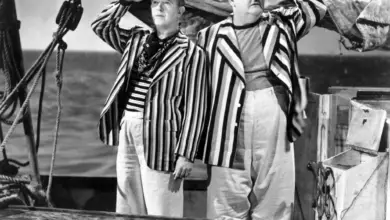Celebrated composer and silent movie accompanist Neil Brand talks to Wigan Today about his forthcoming Laurel and Hardy show
It’s more than a century since the first film featuring Stan Laurel and Oliver Hardy was screened, ultimately spawning a partnership that created comedy gold.

It shines on to this day, to a far greater extent than that of their contemporaries and many a mirth-maker who has come and gone since.
It’s fair to say that the double act’s profile and popularity have largely been maintained by their talkie shorts and feature films such as Helpmates and Way Out West.
But one man who has done more than most to bring their 34 early silent movies back into currency too is Neil Brand.
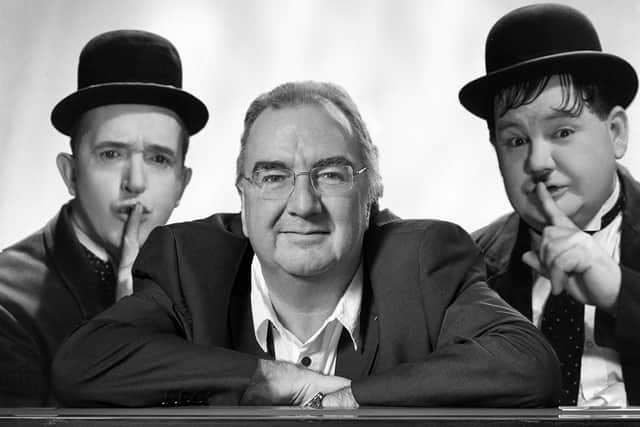
The acclaimed pianist, composer, writer and broadcaster is coming back to Parbold Village Hall on October 22 with a new show, Stan and Ollie.
He will present the touching story of the world’s greatest comedy team: from their earliest days on opposite sides of the Atlantic, to their individual comedy films, and on to their silent masterpieces before the arrival of sound.
Fully illustrated with stills, clips (both silent and sound) and Neil’s piano accompaniment, the show will culminate in two of Laurel and Hardy’s best silent short films, Big Business and Liberty.
The show, whose gestation began during lockdown when 70 per cent of Neil’s regular work was on hold, is is very much a labour of love for him, having been a lifelong fan of the pair and having written a BBC Radio 4 play called Stan which focused on Laurel’s last visit to his dying friend and was later made into a TV movie.
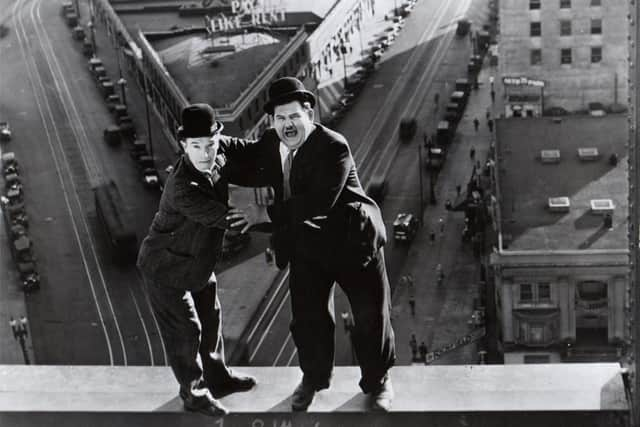
Since then of course there has been another successful film, again called Stan and Ollie, starring Steve Coogan and John C Reilly, which mainly deals with their twilight years.
Neil’s show aims, among other things, to fill in some of the gaps.
He said: “The Steve Coogan film is a very good one but it didn’t go much into their past, how they came together and bonded.
“What I have discovered about Laurel and Hardy is that it appeals across the board – to seven-year-olds to 97-year-olds.
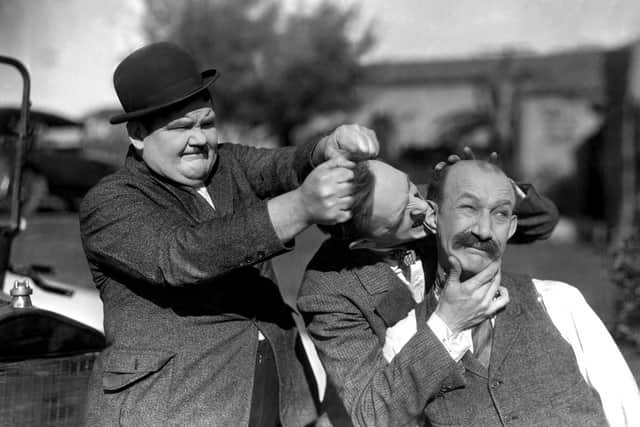
“The kids love them on seeing them for the first time and older people love them because they remember watching and enjoying their films on the television.
“They generate warmth and I think that’s something that was missing from the Coogan film too and something I hope to capture in this show.”
Both of the films that will be screened in full were made in 1929 – early on in Stan and Ollie’s careers – and are fantastic opportunities to see the comedy giants honing their trademark gags.
In Big Business, they play door-to-door Christmas tree salesmen, whose escalating argument with a reluctant customer (played by James Finlayson) results in plenty of the slapstick physical comedy in which the pair excelled.
Liberty features some truly breath-taking stunts, as the Boys – playing escaped convicts – attempt to swap clothes as they flee the cops and end up teetering dangerously atop a half-built skyscraper.
When these shorts were first shown in picture houses, they would inevitably have been accompanied either by a piano, organ or small band to compensate for the lack of a soundtrack (to which audiences had become accustomed over the previous three decades since the birth of cinema).
And it was on leaving university that Neil discovered he had an affinity for this kind of improvisatory performance at the keyboard.
He said: “I’ve always loved films and been able to play the piano by ear, but I actually studied drama at university.
“On leaving in 1980 I was involved with a group of college friends in running a theatre company and arts centre in an old cinema in Eastbourne.
“In 1984 The Eastbourne Film Society used the centre for screening films and asked if I would be interested in accompanying Buster Keaton’s Steamboat Bill Jnr. I agreed, put together about 15 minutes of material for a one-hour-and-10-minute film and hoped I could keep it going.
“At the first performance I found I could improvise with the film and junked most of what I had written down. As the audience became more and more drawn in by Buster on the screen my confidence for coming up with the music for what he was doing grew and grew with every laugh, even though at the end I couldn’t remember what I had played!
“After that I contacted the National Film Theatre saying I was a silent movie accompanist and would they take me on.
“I was auditioned by having to accompany a film I’d never seen before and did well enough to be taken on as one of their regular piano accompanists.
“I realised how much of a facility I had for this and I must have accompanied 30 to 40 films in the late 1980s. It is a job that has taken me all around the world, performing with films from many different genres. Everything that has come since is as a result of being a silent movie pianist.”
Aside from his radio play/film Stan, Neil has acted on television, appeared in documentaries and is a prolific composer, particularly of film music. His latest project is a Hound of the Baskervilles score to be performed at the Barbican by the London Symphony Orchestra with Mark Gatiss and Sanjeev Bhaskar playing Holmes and Watson.
But first there is his latest Parbold Douglas concert (the previous one saw Neil accompanying Keaton and Chaplin films) which takes place on Saturday October 22 at 7.45pm.
He said: “I like playing at Parbold. It’s a lovely venue and I am always warmly welcomed there.
“Everybody will enjoy the show about two comedy greats and it’s finished off with two copper bottom classic films.”

